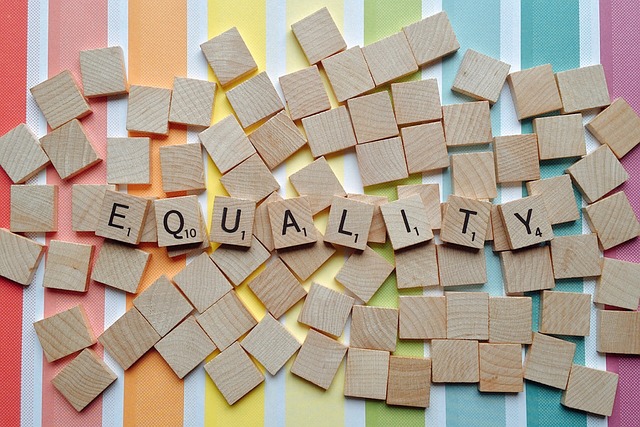Balancing the Scales: Equality in Environmental Action Against Climate Change
In our rapidly warming world, the conversation surrounding climate change has grown more urgent than ever. As we witness extreme weather events, rising sea levels, and devastating wildfires, one fundamental question looms over our collective efforts: how can we ensure equality in the fight against these pressing environmental issues?
Environmental concerns do not affect everyone equally. Vulnerable communities, particularly those in low-income regions and marginalized populations, often find themselves on the frontline of climate impacts. These communities experience a disproportionate burden of environmental degradation, leading to devastating health outcomes, loss of livelihoods, and diminished access to essential resources like clean water and air. The idea of equality in environmental action is not merely an ethical consideration; it’s a necessary framework for building resilience and promoting sustainable practices.
One of the critical aspects of fostering equality in environmental action is ensuring that all voices are heard. When crafting policies to combat climate change, it’s essential to include perspectives from those who are most affected. Engaging community leaders, grassroots organizations, and individuals with lived experiences fosters a richer understanding of the challenges faced and leads to more effective, equitable solutions.
Education plays a pivotal role in promoting environmental equality. By providing accessible, inclusive educational resources about climate change, we can empower individuals to become advocates for their communities. Environmental literacy enables people to make informed choices and push for policies that address their unique challenges while promoting broader sustainability goals.
Moreover, the transition to a greener economy requires a conscious effort to include and uplift marginalized workers. As renewable energy industries grow, job creation must prioritize inclusivity, ensuring that people from diverse backgrounds have access to training and employment opportunities. By doing so, we not only combat climate change but also address economic disparities that have historically affected underrepresented populations.
Partnering with local communities to develop environmentally-friendly initiatives can also bridge the gap of inequality. Sustainable agriculture, green infrastructure, and community-focused renewable energy projects can be tailored to meet the specific needs of various populations, allowing them to thrive in a changing climate. By investing in these localized solutions, we nurture a sense of ownership and inclusion that fosters shared responsibility for environmental stewardship.
Lastly, we must acknowledge the global dimension of climate change. Environmental justice transcends borders; wealthier nations hold a significant share of historical carbon emissions. It is imperative that we extend our support to developing countries that are often the hardest hit by climate change despite contributing the least to the problem. This commitment to equity on a global scale can help alleviate the burdens faced by those in the Global South, ensuring a more just and sustainable future for all.
In the battle against climate change, equality is not merely an aspiration; it is a vital component of effective action. By centering our efforts around inclusivity and fairness, we can forge a path towards a healthier planet where everyone has the opportunity to thrive. The fight against climate change is not just about protecting the environment but also about ensuring a just and equitable world for future generations.




